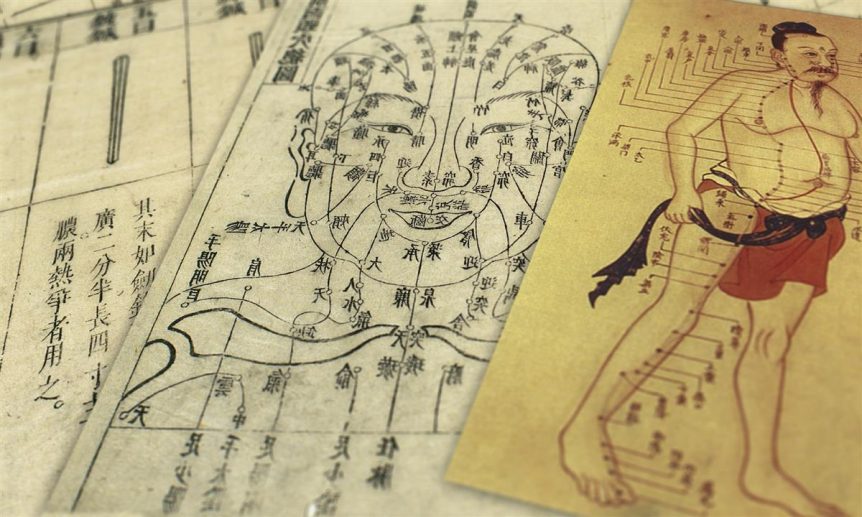What are the origins of Acupuncture?
Acupuncture has long been approved as an effective treatment for chronic pain. There is no magic behind Acupuncture: it is a technique that works by activating the body’s healing mechanisms. Acupuncture is very effective in treating depression because the body releases hormones that, theoretically, work as a mood stabilizer.
Where did Acupuncture come from?
Acupuncture was first recorded in ancient China over 2000 years ago. The basis of western and eastern Acupuncture was established during the Ming Dynasty (1368-1644) with the publication of ‘The Great Compendium of Moxibustion and Acupuncture’, a ten volume encyclopedia produced by Yan Jizhou, who was a famous acupuncturist and physician of the Emperor during the Ming dynasty.
Does acupuncture work today?
The answer to this question is that Acupuncture does work, and there is scientific evidence that shows it works. While some of the techniques of this system of healing are still unknown, patients have experienced significant improvements in their health and well-being, regardless of their belief or disbelief in acupuncture prior to treatment.
Is acupuncture effective?
Acupuncture has long been approved as an effective treatment for chronic pain. There is no magic behind Acupuncture: it is a technique that works by activating the body’s healing mechanisms. Acupuncture is very effective in treating depression because the body releases hormones that, theoretically, work as a mood stabilizer.
What Are the Ancient Origins of Acupuncture and How Does it Benefit Modern Healing Practices?
Acupuncture has been used for centuries in traditional Chinese medicine, with its origins dating back to ancient China. The benefits of acupuncture include pain relief, stress reduction, and improved overall well-being. Modern healing practices continue to incorporate acupuncture, recognizing its value in treating various health conditions.
Is acupuncture just a placebo effect?
Acupuncture helps alleviate some kinds of chronic pain – and it’s not just a placebo effect at work.
The psychological mechanisms behind the placebo effect consist of many aspects associated with the procedure of Acupuncture, including conditioning mechanisms, motivation, memory, and expectations.
Frequent communication between the practitioner and the patient is perhaps the number one factor in influencing the placebo effect in Acupuncture. Consequently, a successful strategy to reduce the placebo effects is to limit the communication between the patient and the acupuncturist.

